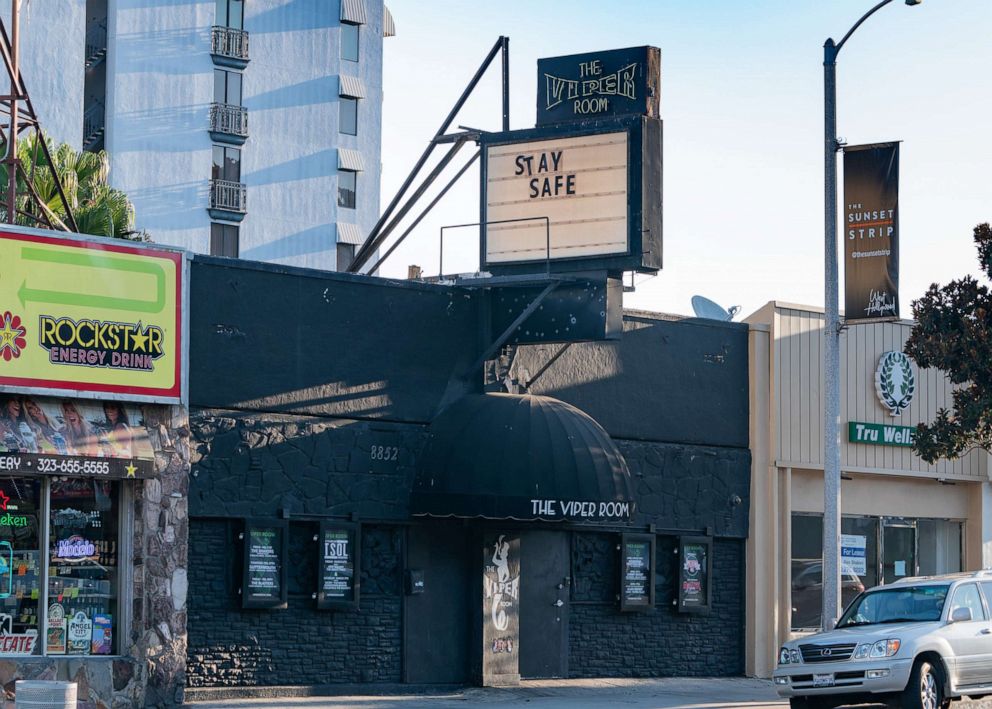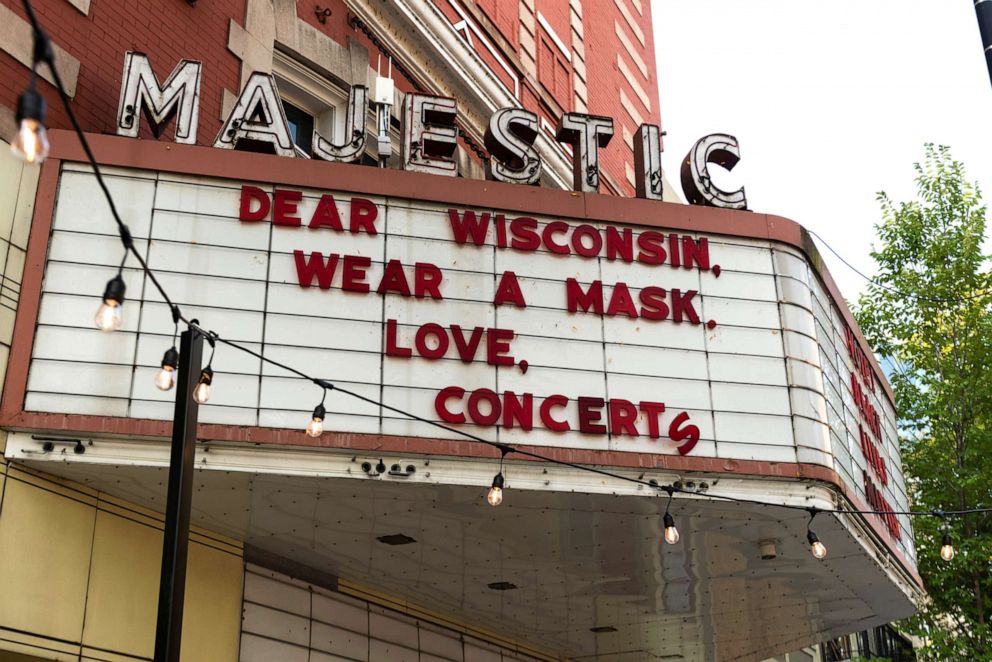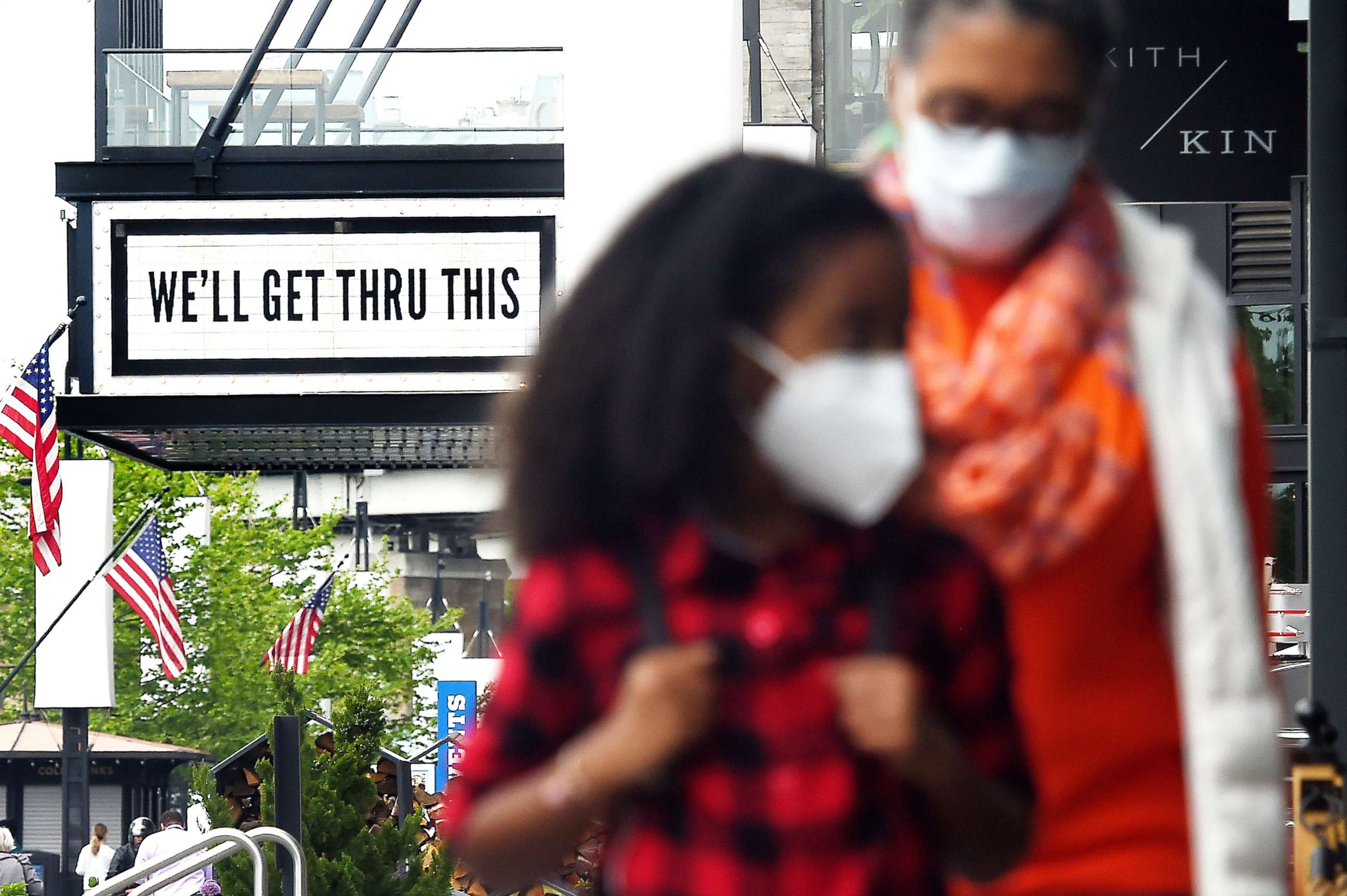Music execs beg Congress for a lifeline as industry fights to survive pandemic
"Please don't let the music die," a venue owner said. "Please save our stages."
Entertainment venues were some of the first businesses to shut down when the COVID-19 pandemic hit the United States in March, and as music stages across the country rely on crowds to thrive, they will likely be some of the last businesses to reopen.
Some venues have already shut down permanently, and with many facing the daunting prospect of never reopening, industry leaders issued an urgent plea for a lifeline to members of Congress during a hearing on Capitol Hill on Tuesday.
"I feel like I am in a pandemic-induced time war. Our downtown, like so many, has suddenly become a ghost town," said David Fay, president of the Bushnell Center for the Performing Arts in Hartford, Connecticut.
"This vibrant national industry has provided an essential economic and cultural anchor for communities all across our country -- that is until March when the music stopped," he said. "Today we face an existential threat, a threat not only to our industry, but to the businesses and the city centers -- large and small -- that we've come to depend on."

Fay joined a group of music executives, venue owners and other leaders who are part of the music ecosystem in testifying before members of the Senate Commerce Committee to urge Congress to include relief for the music industry in a final COVID-19 stimulus package.
Some music venues received temporary benefits through the CARES Act and the Small Business Administration's Paycheck Protection Program during the pandemic, but according to industry leaders, the relief was short-lived and does not come close to offsetting the economic decimation the industry is facing.
Adam Hartke is the promoter and co-owner of Wave and The Cotillion Ballroom -- two independent music venues in Wichita, Kansas -- which he runs with his family. He said that though his businesses received PPP loans, which have now become "a debt we have to pay off for the next 30 years," the funds were depleted by June, causing him to lay off or furlough the majority of his staff.
"We're sitting before you pleading with Congress to help those like us," Hartke said, calling on Congress to pass the Save Our Stages Act. "Please don't let the music die. Please save our stages, so our small family business can survive. And maybe someday my 7-year-old son, Henry, will take over, and the music will be passed on for generations to come."

The Save Our Stages Act, which is sponsored by a bipartisan group of senators, is included in the latest version of the bill, but leaders on Capitol Hill are still going through tense negotiations as they try to hammer out a last-minute deal.
The legislation, which has been backed by hundreds of musicians, authorizes the Small Business Administration to provide grants to venue operators, promoters and talent representatives to cover expenses including payroll, rent, utilities and personal protective equipment.
The hearing also focused on what subcommittee Chairman Sen. Jerry Moran (R-Kan.) described as a "ripple effect" the live music shutdown has had on other industries.
"When lights are dark in the local live event venue, the economy in that community as a whole is also dark," said Moran, who is one of the co-sponsors of the Save Our Stages Act.

Ron Laffitte, president of Patriot Management -- a Live Nation-owned company that manages artists like Pharrell Williams and the Backstreet Boys -- also expressed concern over how the shutdown is impacting "thousands of people who make these concerts and tours happen."
"Everyone employed in this industry is hurting," he said, pointing to transportation workers, hotels, restaurants, road crews, venue personnel and concession staff. "It's critical that Congress include comprehensive relief for the entertainment industry in the next COVID-19 legislative package."
The deadline for Congress to make a deal is Friday. In the meantime, COVID-19 cases continue to surge in the U.S., and for the shuttered music industry, there is currently no clear end in sight.




